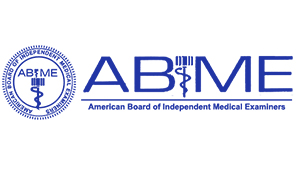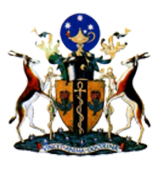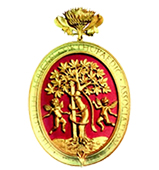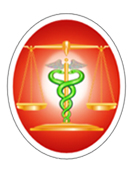Elbow fractures: Surgery or not?
A new study, indeed, a critical analysis review, looked at a particular type of elbow fracture, the olecranon fractures, which typically are complicated by the fact they may involve multiple fragments and create ulnohumeral instability
What Causes Plantar Fasciitis to Flare Up?
Plantar fasciitis is one of the most common causes of heel and foot pain. It occurs when the plantar fascia, a band of tissue that runs along the bottom of the foot, becomes inflamed. Certain factors can cause plantar fasciitis to flare up
Arthrex receives FDA clearance for pediatric indication of ACL implant
Arthrex Inc. has announced FDA clearance of its TightRope implant for use in pediatric patients with ACL injuries, according to a company press release.
What is intersection syndrome?
Intersection syndrome is when tendons in a person’s wrist and back of the forearm become inflamed and swollen. It is a rare form of tendonitis. People who play certain sports may be at an increased risk.
Severed Finger: What to Do and When to Reattach
A severed finger is a serious injury that can significantly change how you use your hands.
-
Sandton
MediclinicDr SD Smith
Suite 16, First Floor, Main building
Main Rd & Peter Place
Bryanston
Sandton, GA 2021Tel:
-
Netcare Waterfall
City HospitalDr A Naidoo
Room 301, Waterfall Sports Centre
Exam Room 5. South Block
Magwa Cres & Mac Mac Avenue
Vorna Valley
Midrand, GA 1682Tel:
-
Intercare Sandton Day/
Subacute HospitalDr SD Smith
Day cases can be offered
Consultations at Sandton Mediclinic
200 Rivonia Rd
Morningside
Sandton, GA 2196Tel:
-
Brits Mediclinic
Consultation Block,
1st floor, Room 103
8 Kerk Street
Brits, 0250sTel :












